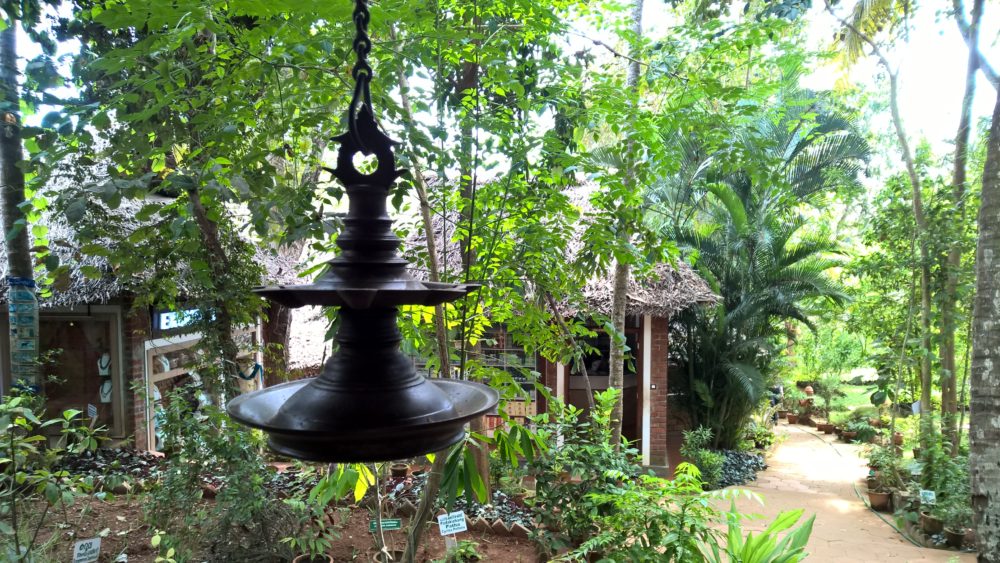By Neena Bhandari
Melbourne, 09.10.2016 (The Week): Melissa Baker, 41, had been feeling itchy for a few months and then one evening she felt a lump in her neck. She went to see her doctor and by the end of the week, she was diagnosed with Hodgkin’s lymphoma. She was told it was a “good cancer” and that she would be cured with six months of treatment.
Unfortunately, that wasn’t the case. When the first line treatment failed, she underwent a stem cell transplant and nearly died from pneumonia in the lead up to it. The transplant also failed. This was followed by treatment with an expensive targeted chemotherapy drug. After an initial good response, Melissa’s lymphoma started progressing again.

